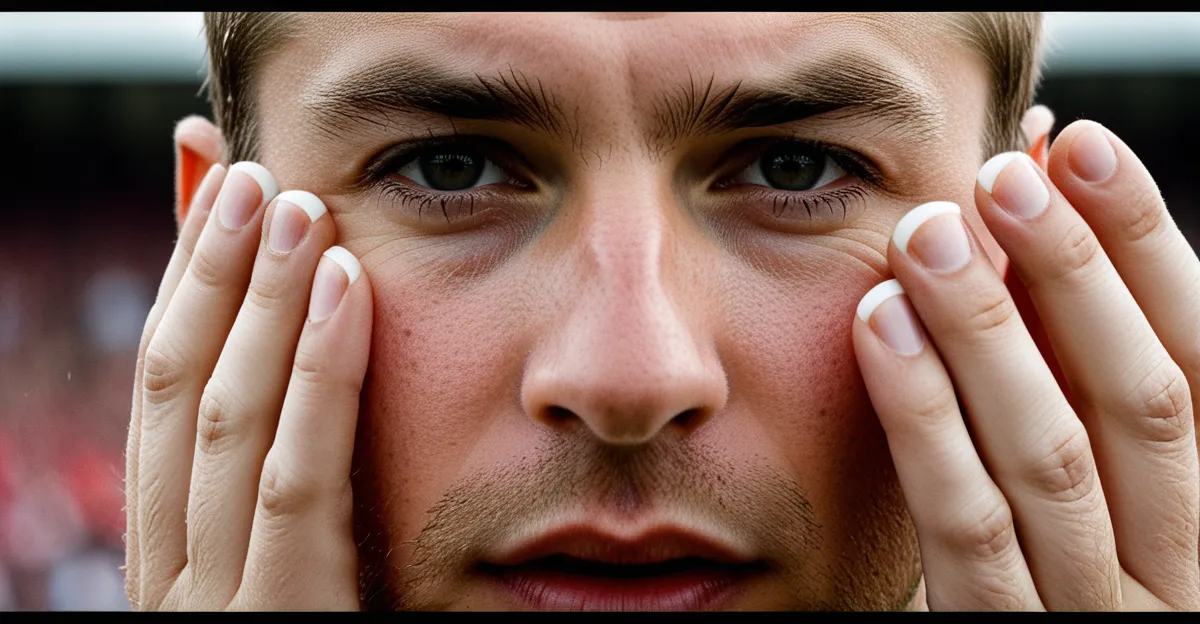Linking UK Sports Decline to Societal Trends
The UK sports decline reflects deeper cultural shifts within British society. Across major sports, there is a noticeable decrease in both interest and performance. This trend is not isolated; it resonates with broader changes in how society engages with leisure and communal activities. As generations evolve, so do their priorities and interactions with traditional institutions, including sports.
Within British society, the generational change plays a significant role in this shift. Younger demographics show less enthusiasm for conventional sporting pursuits, influenced partly by diverse entertainment options and shifting values. The decline in sports engagement highlights a transition from the collective identity once forged through local and national sporting pride to more individualized or digitally oriented forms of social connection.
Also read : How Have Emerging Technologies Revolutionized UK Sports?
Moreover, demographic patterns reveal a narrowing base of participation. Older generations, who traditionally formed the backbone of UK sports fans and amateur players, are increasingly being replaced by younger groups who prefer alternative pastimes. This generational gap amplifies the challenges facing UK sports, from grassroots involvement to elite performance levels, underscoring a cultural transformation at the heart of this decline.
Historical Patterns and Recent Data on UK Sports
Understanding the UK sports decline requires examining historical sports data UK and contemporary participation trends. Historically, the UK boasted strong performances across athletics, football, rugby, and cricket, with robust grassroots involvement feeding elite success. This connection between broad public engagement and high-level achievement was once a hallmark of British society’s sporting culture.
Also read : What Are the Key Changes to UK Sports Policies This Year?
Recent sports participation trends, however, signal a distinct downturn. Data from the past decade show reduced numbers in community sports clubs and lower attendance at local matches. This decline is not confined to a single sport but seen across multiple disciplines. For example, grassroots football leagues report dwindling player registrations, while track and field events struggle to attract youthful contestants, reflecting a broad withdrawal from active sports participation.
Funding shifts compound these trends. Public and private investment in UK athletics history has fluctuated, often prioritizing elite performance over mass participation. Consequently, fewer resources reach the grassroots level, where sport traditionally fosters community and cultural cohesion. This funding dynamic intersects with demographic changes—affected by the ongoing generational change—contributing to an eroding base of amateur athletes and fans.
Overall, the historical context reveals a once vibrant sports culture now challenged by changing lifestyles and priorities. The available data underscore not just a drop in performance but a profound shift in how British society engages with sporting practices, potentially reshaping the future of UK sports at all levels.
Changing Leisure and Entertainment Preferences
The leisure habits UK have evolved significantly, heavily influenced by the rise of digital media consumption. Live sports attendance has noticeably declined as more people, especially younger generations, turn to streaming platforms, social media, and interactive online entertainment. This shift reflects broader cultural changes where instant access and personalized content overshadow traditional collective experiences like attending local sports events.
Sports viewing trends reveal that many Britons now prefer consuming highlights or curated sports content digitally rather than watching full matches live. This trend is reinforced by mobile devices and on-demand services that compete directly with scheduled broadcasts. Consequently, the communal atmosphere previously associated with sporting events weakens, altering how British society interacts with and values sports.
Moreover, these leisure shifts mirror evolving British values, showing a preference for flexibility and convenience in entertainment. The expansion of alternative pastimes such as gaming, online communities, and video streaming platforms further diverts attention from conventional sports. This diversification of interests challenges the cultural centrality of sports and emphasizes a transformed societal relationship with leisure.
Globalization and Its Impact on Local Sports Identity
Globalization UK sports has reshaped how British society engages with traditional athletic pursuits. The growing prominence of international sports leagues and globally recognized athletes draws attention away from local and national teams. This shift challenges the longstanding connection between communities and their homegrown sports clubs, undermining the sense of shared identity once fostered through regional loyalty.
International sports fandom now competes strongly with traditional British sports allegiance. Many younger fans prioritize global competitions, such as the NBA or UEFA Champions League, over local matches. This change dilutes the cultural significance of UK sports decline, as the community’s cohesion around local teams weakens. Evidence shows spectators often favor star players from abroad rather than supporting domestic athletes, reflecting broader cultural shifts influenced by globalization.
British sports identity faces erosion as local traditions are overshadowed by international influences. The sense of belonging historically anchored in shared sporting experiences diminishes when audiences identify more with global franchises than with their own neighborhoods or cities. This reorientation affects not only fan engagement but also grassroots participation, as aspiring athletes may be less motivated by local role models. Overall, globalization introduces both opportunities and challenges, highlighting a complex transformation in how British society perceives and participates in sports.










